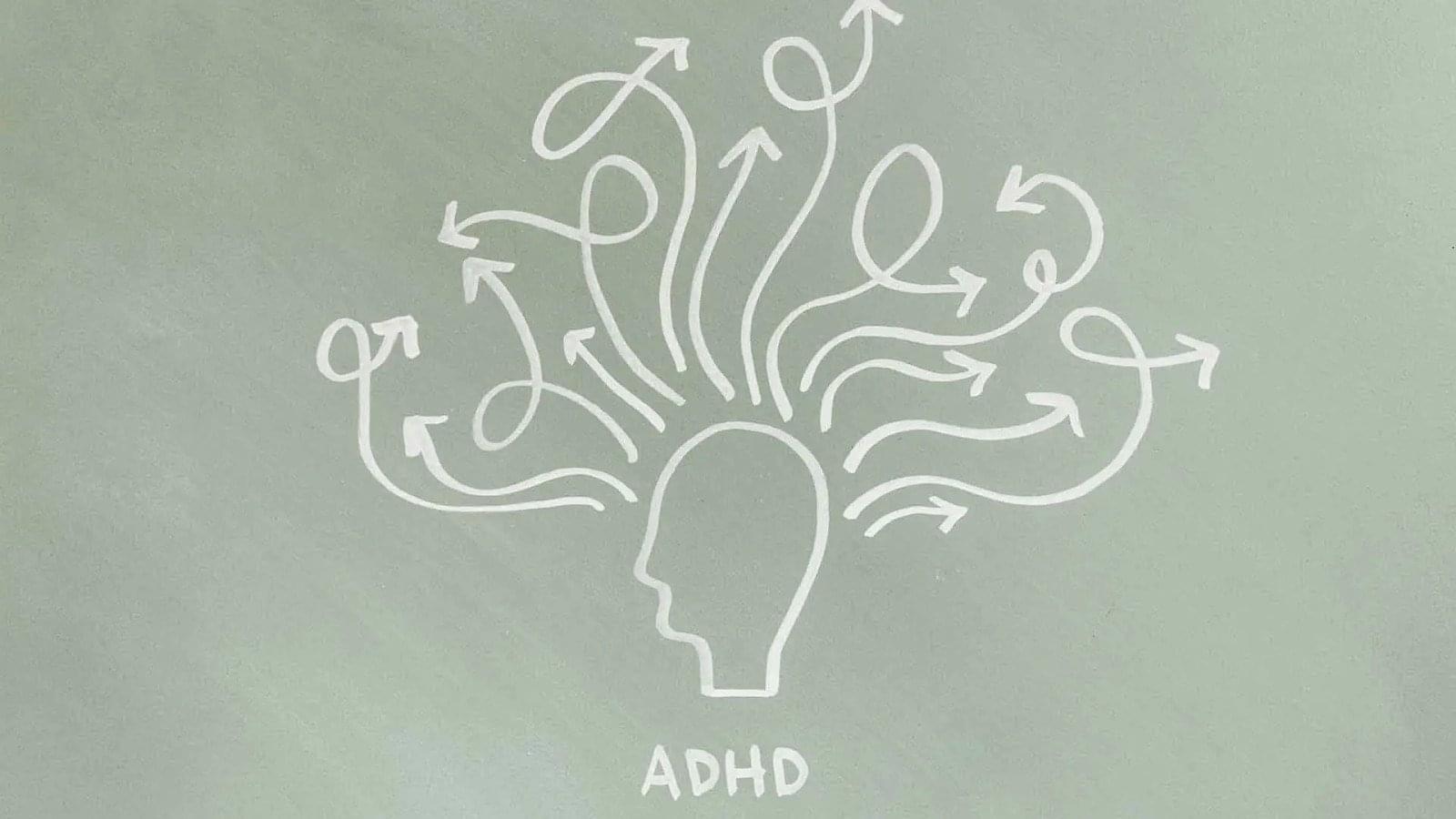Can ADHD Be Cured? Understanding the Condition and Available Treatment Options

Attention-deficit/hyperactivity disorder (ADHD) is a neurodevelopmental disorder that affects millions of children and adults worldwide. It is characterized by symptoms such as difficulty paying attention, impulsivity, and hyperactivity.
Many people with ADHD struggle with daily tasks and activities and may have difficulty in school or at work. The question of whether ADHD can be cured is a complex one, and it is important to understand the condition and the available treatment options.
Understanding ADHD
ADHD is a chronic condition that is believed to be caused by a combination of genetic, environmental, and neurological factors. It is not caused by poor parenting or a lack of discipline, as some people may believe. The symptoms of ADHD can vary from person to person and can change over time.
Recognizing ADHD Symptoms
Understanding the Signs and Symptoms of the Condition
Attention-deficit/hyperactivity disorder (ADHD) is a neurodevelopmental disorder that affects millions of children and adults worldwide. It is characterized by symptoms such as difficulty paying attention, impulsivity, and hyperactivity.
Recognizing the symptoms of ADHD is important in order to get an accurate diagnosis and appropriate treatment. In this article, we will explore the signs and symptoms of ADHD and discuss how to recognize them.
Symptoms of ADHD in Children
The symptoms of ADHD in children can vary but typically include the following:
- Difficulty paying attention in class or during other activities
- Difficulty following instructions
- Difficulty with organization and completing tasks
- Frequently losing things like toys, homework, or school supplies
- Forgetfulness
- Difficulty sitting still
- Fidgeting or squirming in the seat
- Difficulty with waiting their turn
- Interrupting others
Symptoms of ADHD in Adults
The symptoms of ADHD in adults can also vary but typically include the following:
- Difficulty focusing on tasks
- Difficulty completing tasks
- Difficulty organizing and planning
- Difficulty with time management
- Frequently losing things
- Impulsivity and reckless behavior
- Difficulty with self-control
- Difficulty with relationships
- Difficulty with work or school
- Restlessness and fidgeting
Diagnosis and Treatment
It’s important to note that other conditions could cause the symptoms above and that a proper diagnosis should be done by a healthcare professional. It’s also important to know that there is no single test to diagnose ADHD. Instead, healthcare providers make a diagnosis based on a combination of symptoms, medical history, and possibly a psychological assessment.
Treatment for ADHD can include medication, behavioral therapy, and life skills training. The treatment plan will vary depending on the individual’s needs and symptoms, and it’s important to work with a healthcare provider to develop a plan that’s right for you or your child.
In conclusion, ADHD is a neurodevelopmental disorder characterized by symptoms such as difficulty paying attention, impulsivity, and hyperactivity. Recognizing the symptoms of ADHD is important in order to get an accurate diagnosis and appropriate treatment.
Symptoms of ADHD in children and adults can vary but typically include difficulty paying attention, difficulty following instructions, difficulty with organization and completing tasks, impulsivity and reckless behavior, restlessness, and fidgeting.
A healthcare professional should do a proper diagnosis, and treatment can include medication, behavioral therapy, and life skills training.
Treatment Options
There is currently no cure for ADHD, but there are effective treatment options available that can help manage the symptoms and improve quality of life. These may include:
- Medication: Stimulant medications such as Ritalin and Adderall are commonly prescribed to help improve attention and reduce impulsivity and hyperactivity.
- Behavioral therapy: This type of therapy can help children and adults with ADHD learn coping skills and strategies to manage their symptoms.
- Parenting skills training: This can help parents learn how to support their child with ADHD better and manage their behavior.
- Occupational therapy: This can help children and adults with ADHD develop skills to improve their ability to function in daily activities and improve their quality of life.
It’s important to note that treatment plans will vary depending on the individual’s needs and symptoms. A team approach is commonly used, including the patient, their family, and a healthcare provider.
In conclusion
ADHD is a chronic condition that affects millions of children and adults worldwide, but it can be treated and managed. While there is currently no cure for ADHD, there are effective treatment options available such as medication, behavioral therapy, parenting skills training, and occupational therapy, that can help manage symptoms and improve quality of life. It’s important to work with a healthcare provider to develop a treatment plan that is right for you or your child.